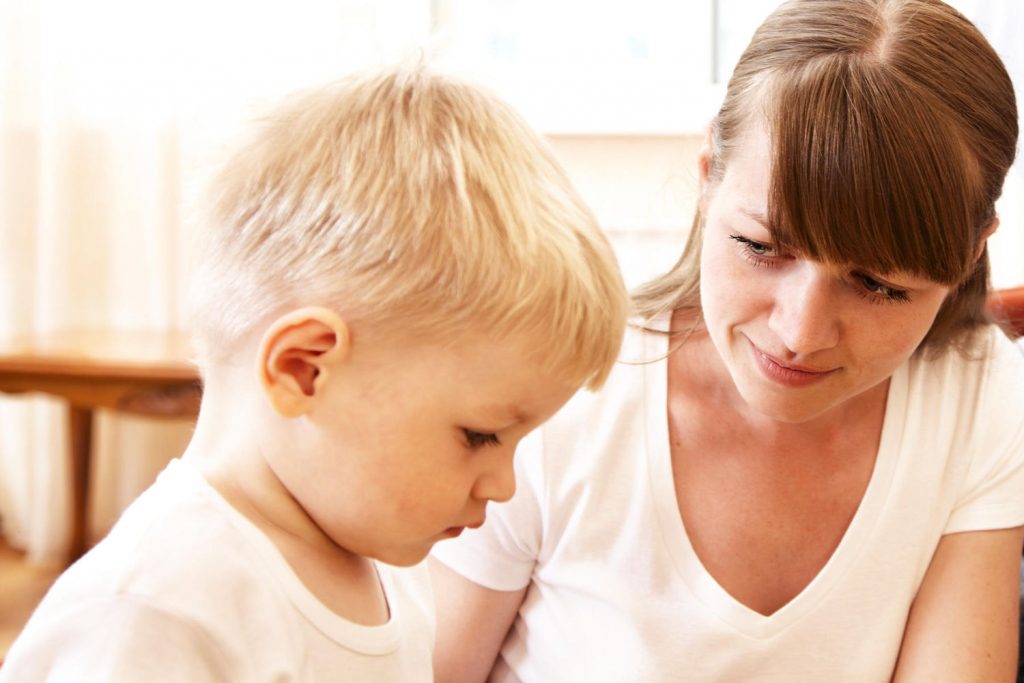Children with bipolar condition gain more positive experiences from their pets. If your child lost a pet, you can really see and feel their grief if this pet dies. This article will discuss helping them cope and go through the grieving process.

source: allthemoms.com
Many of us have deep attachment and love for animal pets and it is naturally devastating to see them die. The feelings of grief, sadness, and flashbacks of the cherished memories are overwhelming and may possibly trigger difficult emotions. It is common to hear friends and other loved ones shrug off grief for pets as something petty as compared to the real problems and issues in the world. You may even hear some negative comments that it is an exaggerated behavior to act in such a manner. This pet has become a part of your child and it will truly create a gap when the pet dies.
Jennifer Kromberg PsyD said “Grieving is like digestion: there is nothing you can do to hurry it along.”
Why Does It Hurt?
It is an established fact that pets are not just animals but a beloved member of the family that brings laughter, companionship and joy. Pets bring structure to the child’s daily routines, force them to be socially active and help them survive certain challenges and difficulties in life even to the point of bringing a sense of purpose to life. Thus, it is typical to feel a sense of grief and loss for their passing. Different people have a different response to grief depending on age, personality, the age of a pet’s age, and reason for the pet’s death. In general, the more important the pet to the child, the more intense the pain they will feel upon their passing. Moreover, the role of the animal in their daily life will also impact the degree of grief.
According to Alicia H. Clark, PsyD, “Grief can make it hard to sustain attention and concentrate, leaving you feeling as mentally tired as you do physically.”
The Grieving Process
The process is different for every person. Some go through stages of loss: denial, anger, guilt and bargaining, depression and finally, acceptance of the situation. Others find that their grief is recurring, coming in a series of highs and lows. The lows can be longer and deeper at the beginning which then tapers down as time goes by. The process happens gradually. It cannot be forced and there is no sure timetable for grieving. Some may start feeling better after a few weeks or months. Always be patient with them and allow them to experience the process. Showing feelings of sadness and loneliness is normal.
“We don’t seem to know how to grieve,” said Christina G. Hibbert, PsyD.
Coping With Grief

source: parents.com
Don’t allow anybody including yourself to dictate how they should feel. Guide them to accept the pain and grieving without embarrassment or judgment. A strong support system like their family and primary caregiver can provide emotional support while they are in this mental state. Check online sites, message boards and forum on the topic and look for designated pet loss hotline and pet loss support groups available and accessible in your area. It might be beneficial to perform a pet funeral in order to provide a certain type of closure and venue to openly express their feelings towards the pet. Seek professional help if necessary especially when the grief and loss are already showing some abnormal and debilitating changes to the child’s everyday life and routines.





